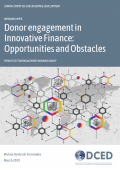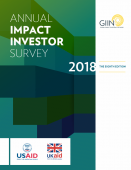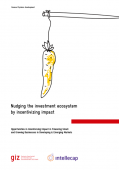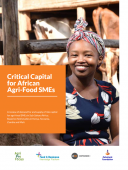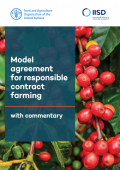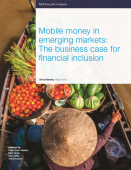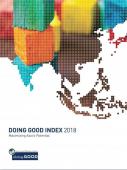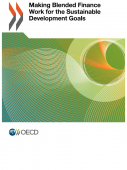IB Choice
IB Choice is a curated library of topical publications carefully selected by IB experts. This collection complements the publications database by helping users navigate an abundance of available publications. Each publication highlighted in this collection distills key recommendations, as well as insights into the relevance of the material for inclusive business. Users can search entries by topic, region and country to enable them to find highly targeted and specific information pertinent to their needs and interests.


